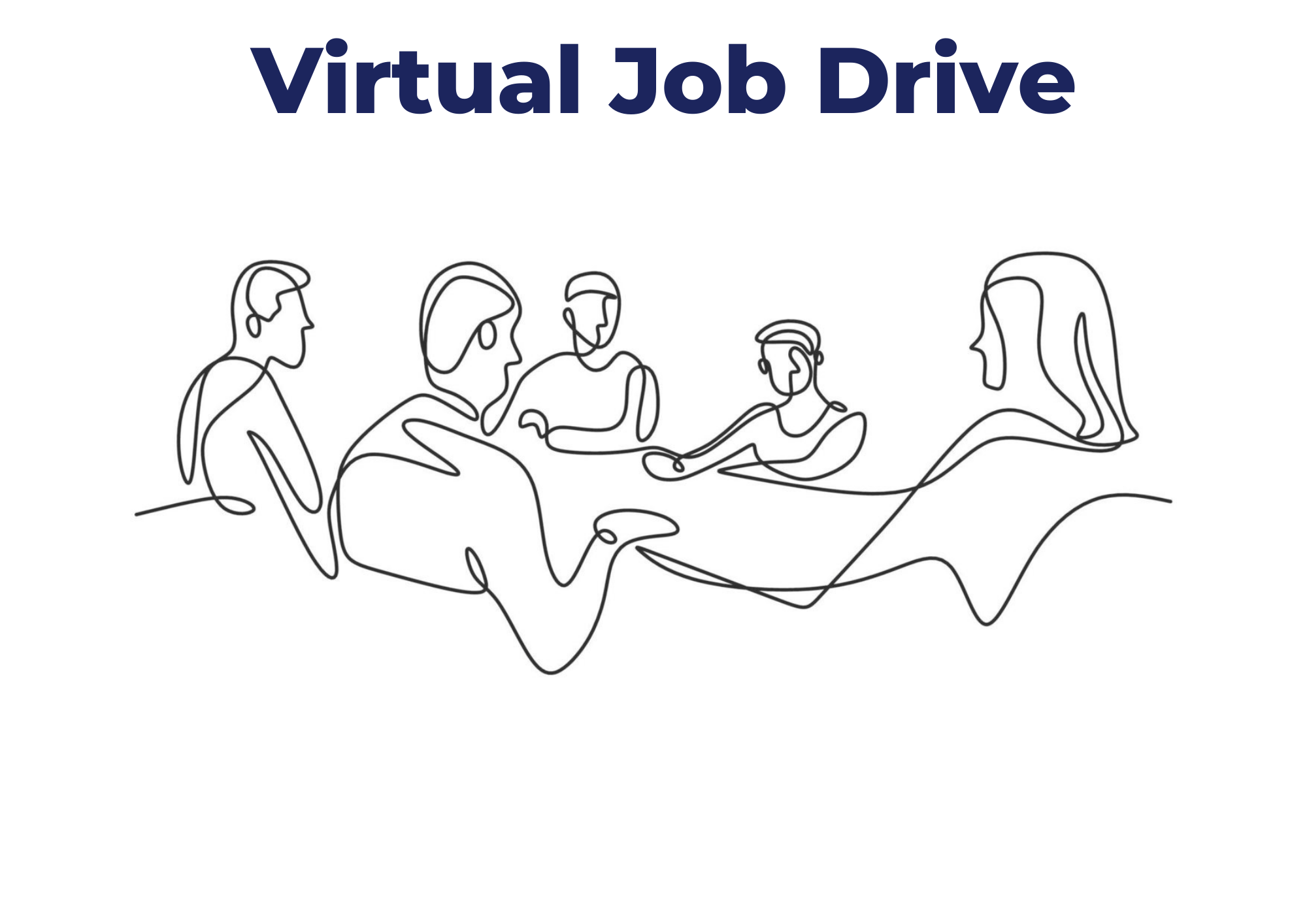Which is better? Eat to live or live to eat
Be it anything.
Even sugar tastes bitter,
When eaten more than needed!
As this old proverb heightens the fact that everything must be done in moderation to live a balanced life and also helps to give attention to each aspect of our life, the same philosophy equally applies to food as well since excess of eating is also bad. This excess intake of food consumed by our body in relation to the energy that an organism expends is referred to as OVEREATING and is the main cause of weight gaining and thus leading to obesity. It may be regarded as an eating disorder. Overeating can be a symptom of Binge Eating Disorder (BED) or Bulimia Nervosa. Compulsive over eaters depend on food to comfort themselves when they are stressed, suffering bouts of depression, and have feelings of helplessness.
Eating a variety of foods is essential to life. In other words, we need to eat to live. Our bodies cannot manufacture all the substances we need and therefore, we must consume foods to provide energy to the building blocks necessary to sustain life. Eating foods with a range of nutrients such as fruits, vegetables, whole grains, lean protein, and healthy fats provide our bodies with the materials needed to keep our systems functioning well.
We all know this, but our response to grief may make it difficult to eat or easy to overeat, difficult to plan meals or too focused on tasks like cooking. Often, we choose foods that have little or no nutritional value, perhaps for comfort, or simply because they are available. During times of stress, it is helpful to adopt a routine pattern for meals, exercise, and sleep. Eating consistently will affect mood, energy level, and how we think.
# Choosing foods that can improve your mood
Some foods have a physiological response in the body and may improve your mood. Carbohydrates serve as the main source of energy for your body and the preferred fuel for your brain. Eating foods containing carbohydrates may improve your energy level and increase the amount of serotonin in the brain. Serotonin is a neurotransmitter shown to boost mood and improve sleep. However, not all carbohydrates are created equal and thus it is preferable to choose whole foods rather than refined or highly processed carbohydrates. The carbohydrates in whole foods are absorbed slowly, causing a gradual increase in serotonin levels, and promoting a stable blood sugar level. Whole foods that supply carbohydrates include fruits, starchy vegetables, whole wheat, whole oats, popcorn, beans, and brown rice.
Caffeine helps alertness chemicals in your brain do their job. Consuming moderate amounts of caffeine may help you feel more alert and improve your mood, concentration, and reaction time. But moderation is necessary, so be careful how much you drink. Too much caffeine can cause increased anxiety, nervousness, and difficulty sleeping. You may need to limit caffeinated beverages to the morning hours. Sources of caffeine include coffee, tea, energy drinks and many sodas, as well as some candy, chewing gum and coffee flavored foods. The amount of caffeine contained in different products can vary widely, so be sure to check the package label.
# Limiting or avoiding foods that may depress your mood
You may be familiar with the expressions “drowning your sorrows†or “drinking to forget†as they relate to using alcoholic beverages to cope with stressful situations. Although it may initially feel like a stimulant and mood enhancer, alcohol is a depressant and may substantially decrease the body’s ability to extract nutrients from the food you eat, and make you feel worse the next day. Consider limiting or avoiding consumption of alcoholic beverages. If you are using alcohol as a sleep aid, think about speaking with your doctor about safer alternatives.
# Eating too little
For some people a decrease in intake over a few days may not present any serious problems, but if your intake has decreased significantly and lasts more than a week, you may be at nutritional risk. In addition to the emotional stress response to grief, the decreased intake will invoke a stress response in your body that can negatively impact your health. After a few days of not eating enough, you will likely notice a decrease in your energy level and ability to think clearly, increased irritability, and possibly dehydration. If your intake remains inadequate over a longer period time it may weaken your immune system, increase your risk for several chronic diseases, and result in unplanned weight loss.
In situations when your intake of food and liquids has decreased you can monitor your hydration status by noticing increased thirst, headache, changes in color or volume of urine, and increased fatigue. If you notice these changes you may need to drink more liquids. Keep fluids available throughout the day, drink liquids with meals, and choose foods that have high water content such as clear soups, Jell-O, fruit, vegetables, and popsicles. Consider keeping a bottle of water with you during the day and aim to refill it often.
Over time, eating too little will result in unplanned weight loss. To promote weight maintenance, consume foods that are rich in calories and nutrients. Small quantities of these foods contain concentrated amounts of both calories and nutritious substances, so eating a little goes a long way. Choosing these foods can be helpful when you do not have much of an appetite. Some calorie and nutrient rich foods include commercial liquid meal replacement shakes (e.g. Instant Breakfast, Ensure), peanut butter, cheese, and using whole milk instead of water for preparation of soups, puddings, or smoothies. If it is too difficult to eat three regular meals, consider eating four to six small, frequent meals during the day. Have nourishing foods available for snacking rather than candy or chips. These could include dried fruit, nuts, healthy snack bars, pudding, or yogurt. Keep your favorite foods on hand so that they are readily available. If after several weeks you are unable to maintain your weight, consider talking with your doctor.
# Eating too much
If you are gaining weight because of the grieving process, try to identify activities other than eating that can bring comfort, like listening to music, taking a walk, or writing in a journal. When you do reach for food, it is helpful to have healthy, lower calorie food items available. Try stocking your kitchen with healthy foods such as low fat microwave popcorn, nonfat yogurt, fresh fruits, canned fruits packed in water or juice, sugar free jell-o or popsicles, and skim milk. Starting your day with a healthy breakfast of whole foods and proteins may help suppress hunger and control your intake throughout the rest of the day. If you have questions or concerns about your weight gain, speak with your doctor or consult a registered dietitian. Always remember that
"Food is the fuel, not the therapy"

Arihant Jain
...

Interesting Reads
Join our weekly meetup to focus on your job search and career.

Jobs
Explore relevent opportunities using Jobs at QuantumHunts. Get the latest jobs and industry news.

